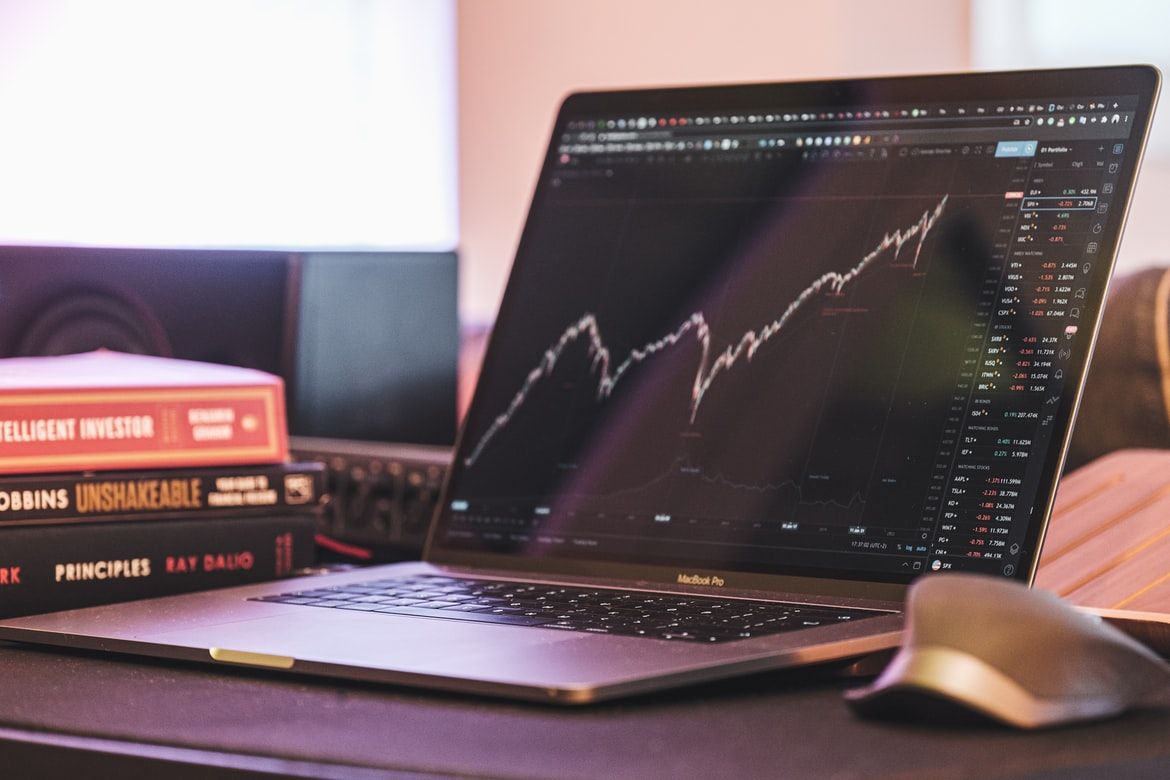Foreign institutional investors (FIIs) sold shares worth a net Rs 1512.64 crore, while domestic institutional investors (DIIs) purchased shares worth a net Rs 1624.9 crore in the Indian equity market on June 9, as per provisional data available on the NSE.
Also Read | Trade Setup: Top 15 things to know before market opens on June 10, 2022
In the month of May 2022, FIIs sold shares worth a net Rs 54,292.47 crore while DIIs bought shares worth a net Rs 50,835.54 crore.
Also Read| Online cosmetics retailer Purplle turns unicorn after $33 million fundraise
Sensex rose 427.79 points or 0.78% to 55,320.28 and Nifty was up by 121.85 points or 0.74% to 16,478.10 in the previous session.
Also Read| LIC shares hit new low of Rs 720, investors lose Rs 1.4 lakh crore
Sensex touched a high and low of 55,366.84 and 54,507.41, respectively. There were 20 stocks advancing against 10 stocks declining on the index.
Also Read| India may cut GST on Lithium-ion batteries to boost electric mobility
Nifty traded in a range of 16,492.80 and 16,243.85. There were 38 stocks advancing against 12 stocks declining on the index.
Also Read| RBI MPC meet: 10 highlights from Shaktikanta Das’ speech
FII stands for ‘foreign institutional investor,’ and refers to an investment fund or an investor who puts their money into a country’s assets while being headquartered outside of it.
Also Read| RBI MPC meet: Home loan EMIs to get costly as central bank hikes repo rate
In India, this is a commonly used term to refer to outside entities contributing to the country’s financial markets by investing.
Also Read| RBI MPC meet: Central bank hikes policy repo rate by 50 basis points to 4.90%
On the other hand, ‘DII’ stands for ‘domestic institutional investors.’ Unlike FIIs, DIIs are investors that invest in the financial assets and securities of the country they are currently residing in.
Also Read| RBI MPC meet: Here’s an overview of the last 8 meetings
These investment decisions of both FIIs and DIIs are impacted by political and economic trends. Additionally, both types of investors — foreign institutional investors (FIIs) and domestic institutional investors (DIIs) — can impact the economy’s net investment flows.







